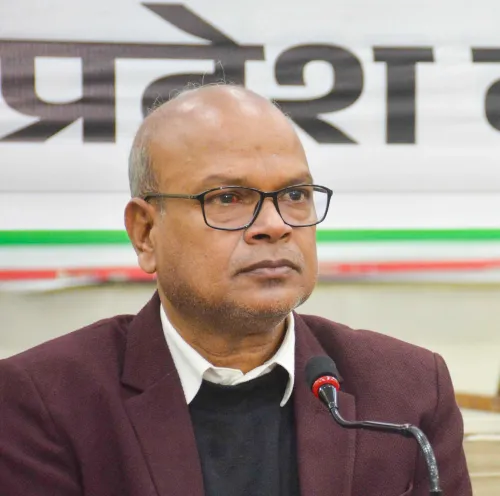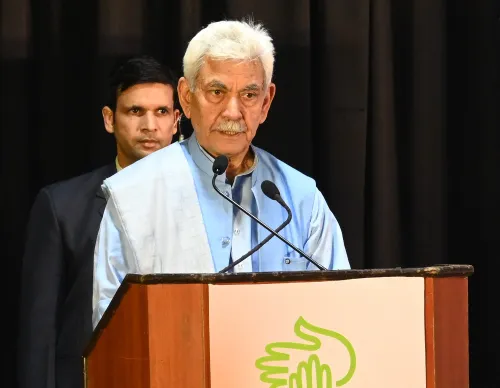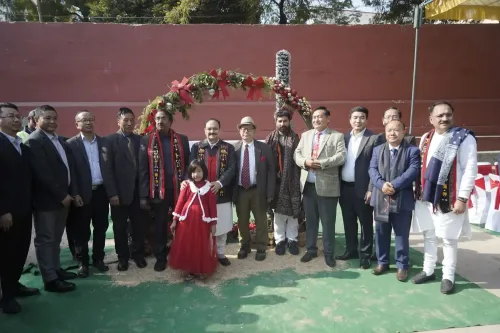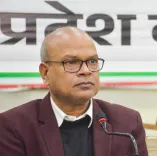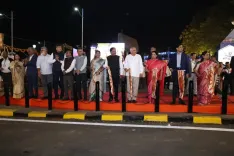What is the Impact of the H-1B Visa Fee Hike? Government and Nasscom Evaluating the Situation
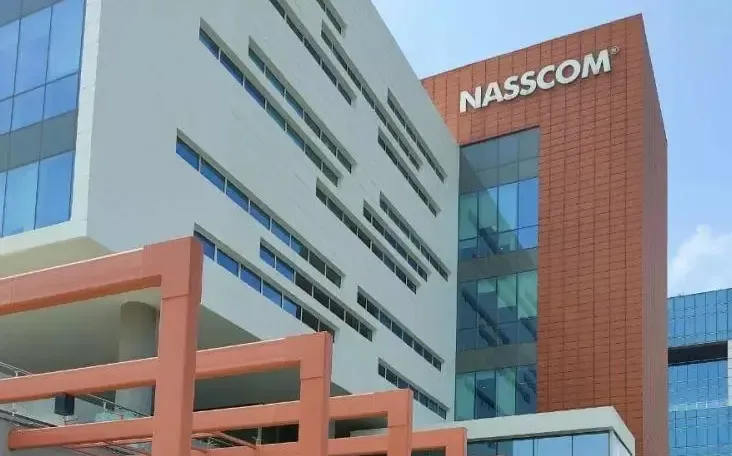
Synopsis
Key Takeaways
- New H-1B visa fee set at $100,000 annually.
- Significant impact on US companies relying on Indian tech talent.
- Potential surge in Global Capability Centres (GCCs) in India.
- India hosts nearly 50% of the world's GCCs.
- Shift towards local hiring and automation by Indian IT firms.
New Delhi, Sep 20 (NationPress) The Indian government is currently evaluating the implications of the US administration's recent announcement regarding a $100,000 annual fee for H-1B visas, effective September 21. Sources indicate that New Delhi is in communication with the Indian Embassy in Washington, DC, while also consulting with Nasscom, the leading body of the IT sector.
This new fee structure is anticipated to have a significant impact on US companies, which heavily depend on Indian professionals for specialized and high-skilled technology positions.
Experts suggest that this move may catalyze the establishment of more Global Capability Centres (GCCs) in India to address the talent deficit in the US resulting from the updated visa fee regulations.
Notably, Indians currently hold the largest share of H-1B visas, followed closely by China.
In the meantime, GCCs are gearing up for talent growth in India, with 48 percent of these centers planning to expand their employee base beyond 2024.
Finance Minister Nirmala Sitharaman remarked this week that India is home to nearly half of the world's GCCs, which are now pivotal in driving innovation, research and development, and leadership growth.
"GCCs will strengthen India's position in innovation and job creation. With the right policies and infrastructure, this sector can chart our course towards Viksit Bharat 2047," she stated during her address at the Special Ministerial Plenary and Report Back at the 'CII GCC Business Summit'.
Historically, US-based firms have constituted approximately 70 percent of total GCC engagement since 2021. Recently, GCCs from the UK, EMEA, and APAC regions have also increased their presence in India.
India is currently home to around 1,700 GCCs, with projections indicating this number could exceed 2,100 by 2029-2030.
CP Gurnani, Co-founder and CEO of AIonOS, noted that Indian IT firms have significantly diminished their dependence on H-1B visas, with applications decreasing by over 50 percent in recent years.
"This transition reflects our strategy to hire more locally, invest in automation, and improve our global delivery models. While visa fees may fluctuate, we believe the impact on our operations will be minimal due to our adaptability to this changing environment," he added.


